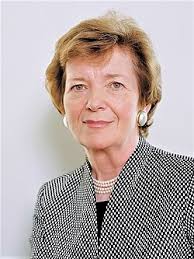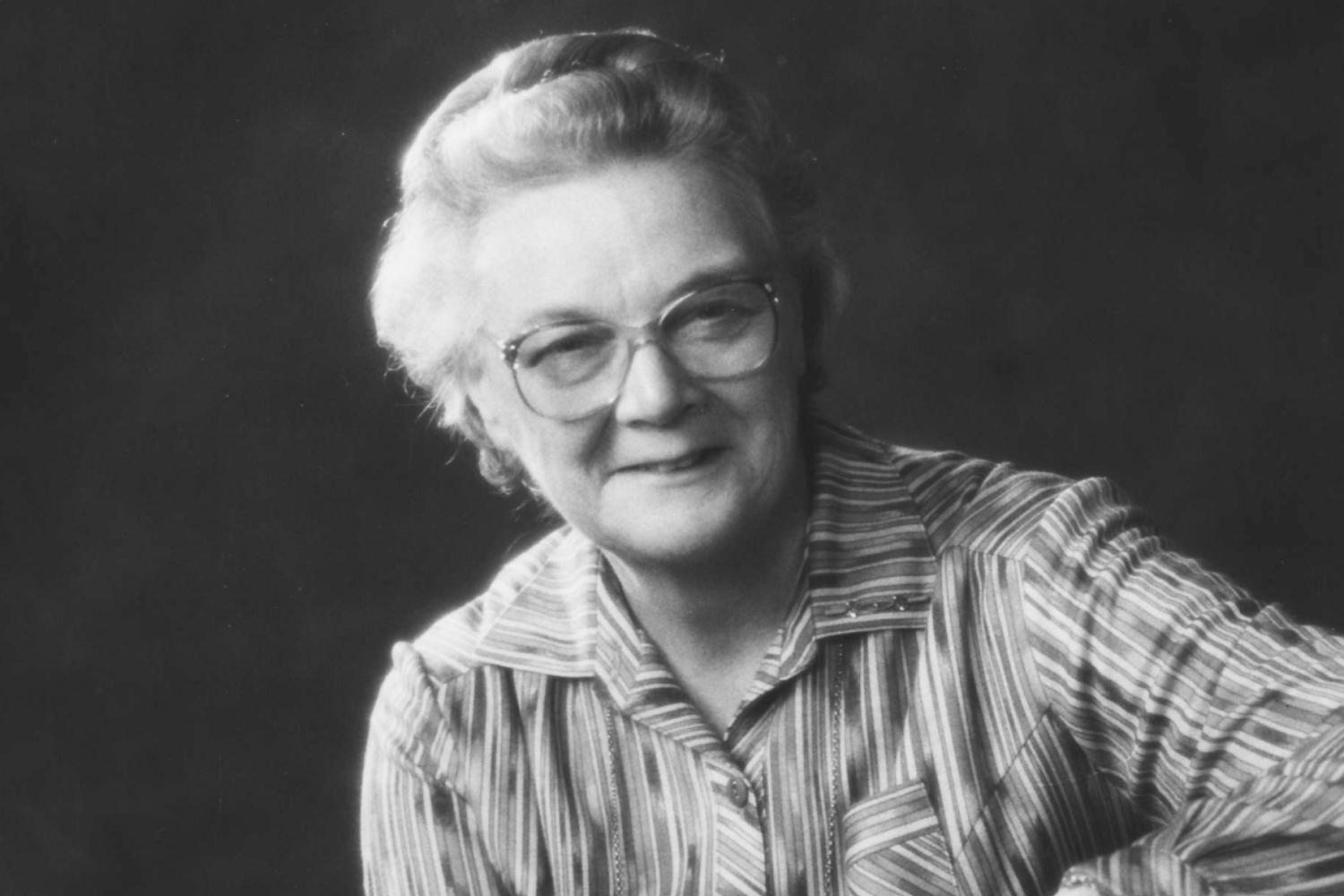
Introduction
Mary Robinson, the first female President of Ireland and former UN High Commissioner for Human Rights, has devoted her life to advocating for human rights and climate justice. Her work addressing these crucial global issues has gained heightened significance amid worsening climatic conditions and escalating human rights violations worldwide. Robinson’s insights and actions resonate with current events, making her a pivotal figure in discussions on climate change and social justice.
Early Advocacy and Political Career
Born on June 21, 1944, in Ballina, County Mayo, Mary Robinson pursued her education in law, ultimately becoming a professor of law at the University of Dublin. Her political career began as a member of the Irish Senate, later taking her place as the President of Ireland from 1990 to 1997. During her presidency, Robinson focused on issues of equality and human rights, promoting dialogue and inclusivity within the government.
Global Impact as UN High Commissioner
After her presidency, Robinson served as the UN High Commissioner for Human Rights from 1997 to 2002, where she vehemently advocated for marginalized communities, especially women, refugees, and indigenous peoples. Her tenure was marked by a commitment to addressing the link between human rights and poverty. Robinson’s report on human rights and development underscored the importance of integrating human rights standards into global development frameworks, paving the way for future human rights initiatives.
Focusing on Climate Justice
In recent years, Mary Robinson has shifted her focus toward climate justice, highlighting the disproportionate effects of climate change on the world’s most vulnerable populations. As the founder of the Mary Robinson Foundation – Climate Justice, she has championed the idea that climate change is not only an environmental issue but also a human rights issue. Her work aims to ensure that marginalized communities are not left behind in climate discussions, emphasizing the need for equitable solutions.
Current Developments
As of 2023, Robinson continues to be an influential voice at international forums, including the United Nations Climate Change Conferences. Her recent speeches have called for greater accountability from world leaders, particularly in scaling up climate finance for developing nations and ensuring that climate policies respect and promote human rights.
Conclusion
Mary Robinson’s enduring commitment to human rights and climate justice exemplifies the interconnectedness of these critical issues. As societies face increasing inequality and environmental degradation, her work is more relevant than ever. Advocating for the most vulnerable and holding powerful entities accountable, Robinson serves as an inspiration to current and future generations of leaders in the fight for a fair and just climate-safe future. Her legacy challenges us all to consider the broader implications of our actions on humanity and the planet.
You may also like

The Evolving Role of the Manager in Modern Business

Boris Johnson: A Look at His Current Political Landscape
